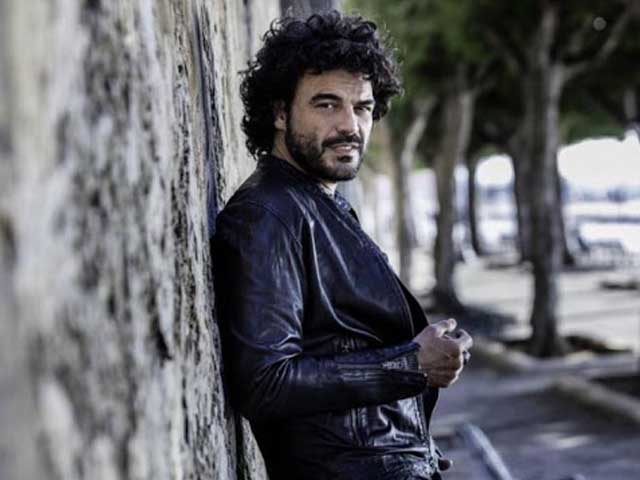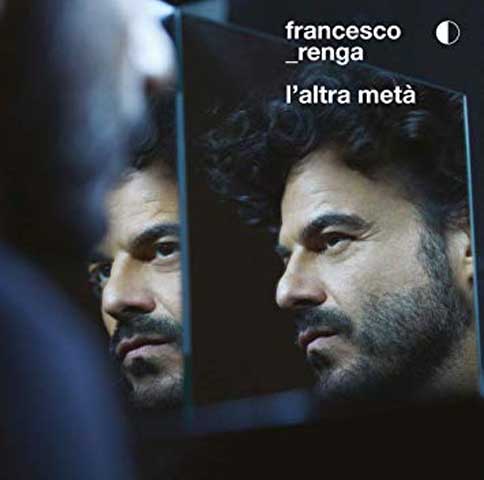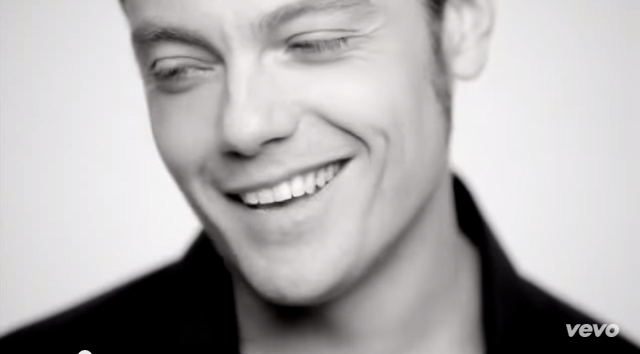
Francesco Renga: Un Inno d’Amore per i Genitori in “Aspetto che torni”
Francesco Renga: A Love Letter to His Parents in “Aspetto che torni”
Un tributo emozionante all’amore e alla perdita
An emotional tribute to love and loss
Nella toccante canzone “Aspetto che torni” tratta dall’album L’altra metà, Francesco Renga racconta il dolore e il vuoto immenso che ha provato perdendo i suoi genitori. Sua madre, con cui aveva un legame speciale, è scomparsa a soli 52 anni, quando lui era ancora un ragazzo. È stata lei a donargli il “regalo della musica”. Quest’anno, il cantante compie proprio quell’età, rendendo il brano particolarmente commovente.
In the moving song “Aspetto che torni” from the album L’altra metà, Francesco Renga unveils the pain and vast emptiness he experienced after losing his parents. His mother, with whom he shared a special bond, passed away at the age of 52 when he was still a boy. She was the one who gave him the “gift of music.” This year, the singer himself turns 52, making the song especially poignant.

La voce della madre e l’origine della musica
His mother’s voice and the origin of music
“Mia madre era sempre nella sala da pranzo informale. La sentivo cantare, ed è stato allora che la musica è entrata per la prima volta nella mia vita. Dopo la sua morte, ho passato anni di rabbia e miseria. Questo senso di abbandono è strano da descrivere. Non puoi essere arrabbiato con qualcuno perché ti ha lasciato. Mia madre non avrebbe mai voluto questo.”
“My mother was always in the informal dining room. I’d hear her singing, and that’s when music first entered my life. After her death, I went through years of rage and misery. This sense of abandonment—it’s strange to describe. You can’t be angry at someone for leaving you. My mother would never have wanted that.”
Francesco Renga — Aspetto che torni
Un padre che svanisce nei ricordi
A father fading into memories
Adesso, il padre di Renga sta lottando contro l’Alzheimer. Non riconosce più nessuno, ma nei tratti di Paola, la sorella gemella di Francesco, vede il volto della moglie.
Now, Renga’s father is battling Alzheimer’s. He no longer recognizes anyone, but in the features of Paola, Francesco’s twin sister, he sees his wife’s face.
“L’Alzheimer è brutto. Mio padre si ricorda solo di mia madre. Quando vede mia sorella, la scambia per lei.”
“Alzheimer is cruel. My father only remembers my mother. When he sees my sister, he mistakes her for her.”
Il dolore universale della perdita
The universal pain of loss
Avendo perso entrambi i miei genitori—mia madre appena un anno fa e mio padre qualche anno prima, anche lui a causa dell’Alzheimer—questa canzone mi tocca profondamente. Ci sono mille cose che vorrei poter condividere con mia madre. Spesso mi sorprendo a prendere il telefono per chiamarla, solo per ricordare che non è più qui. Per questo, il verso di Renga, “Il sorriso di mia madre, perso da trent’anni, e vorrei dirle tante cose” mi colpisce al cuore. Cattura il desiderio, i ricordi e il dolore delle parole non dette.
Having lost both my parents—my mother just a year ago and my father a few years earlier, also to Alzheimer’s—this song strikes a deep chord within me. There are countless things I wish I could share with my mother, and I often catch myself reaching for the phone to call her, only to remember she’s no longer there. That’s why the line Renga sings, “The smile of my mother, lost to me for thirty years, and I would like to tell her so many things,” resonates so profoundly. It captures the longing, the memories, and the ache of things left unsaid.
Per saperne di più
Learn more
Per maggiori informazioni, ecco una breve intervista in cui Francesco Renga parla dei suoi genitori.
For more information, here’s a brief interview where Francesco Renga talks about his parents.










